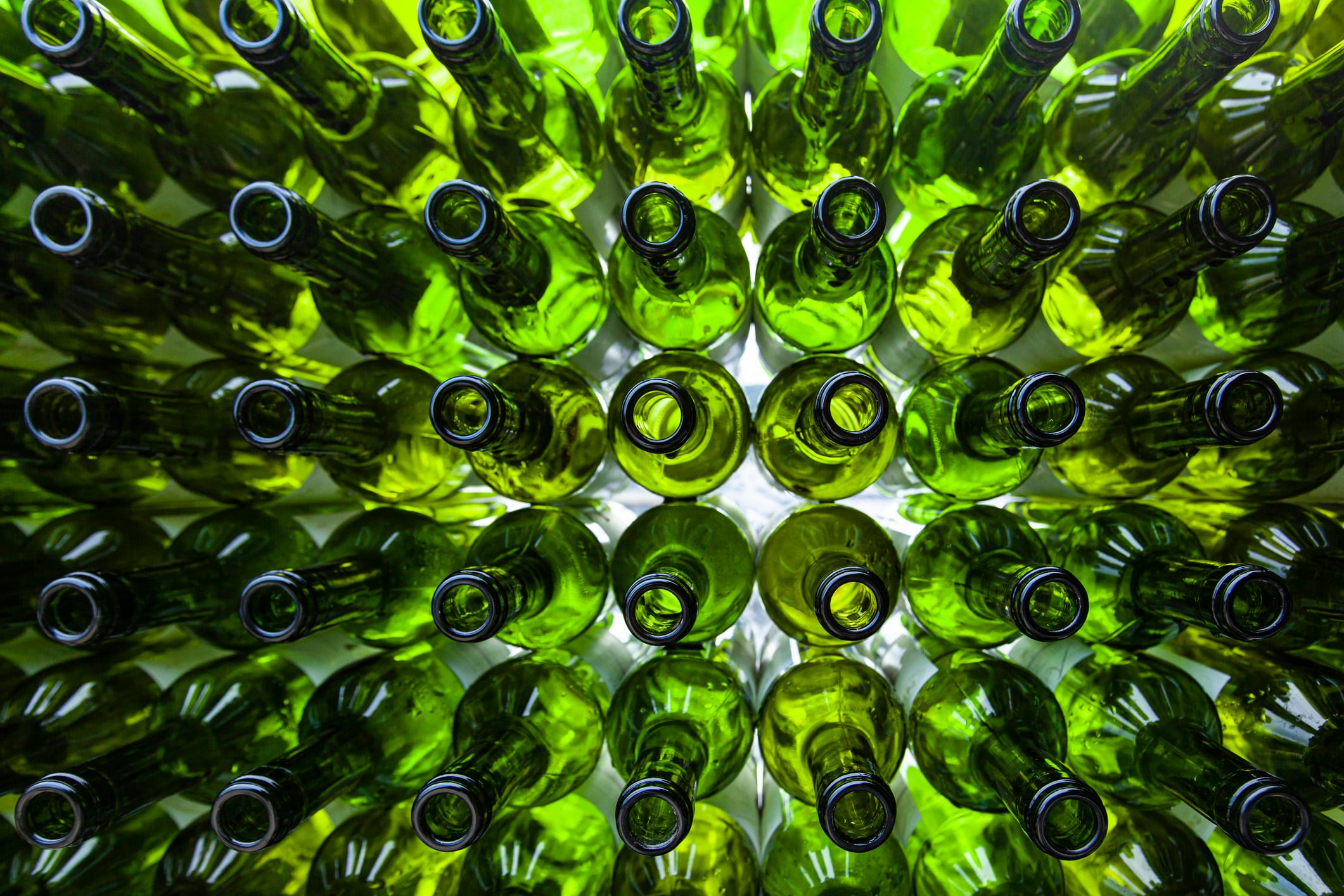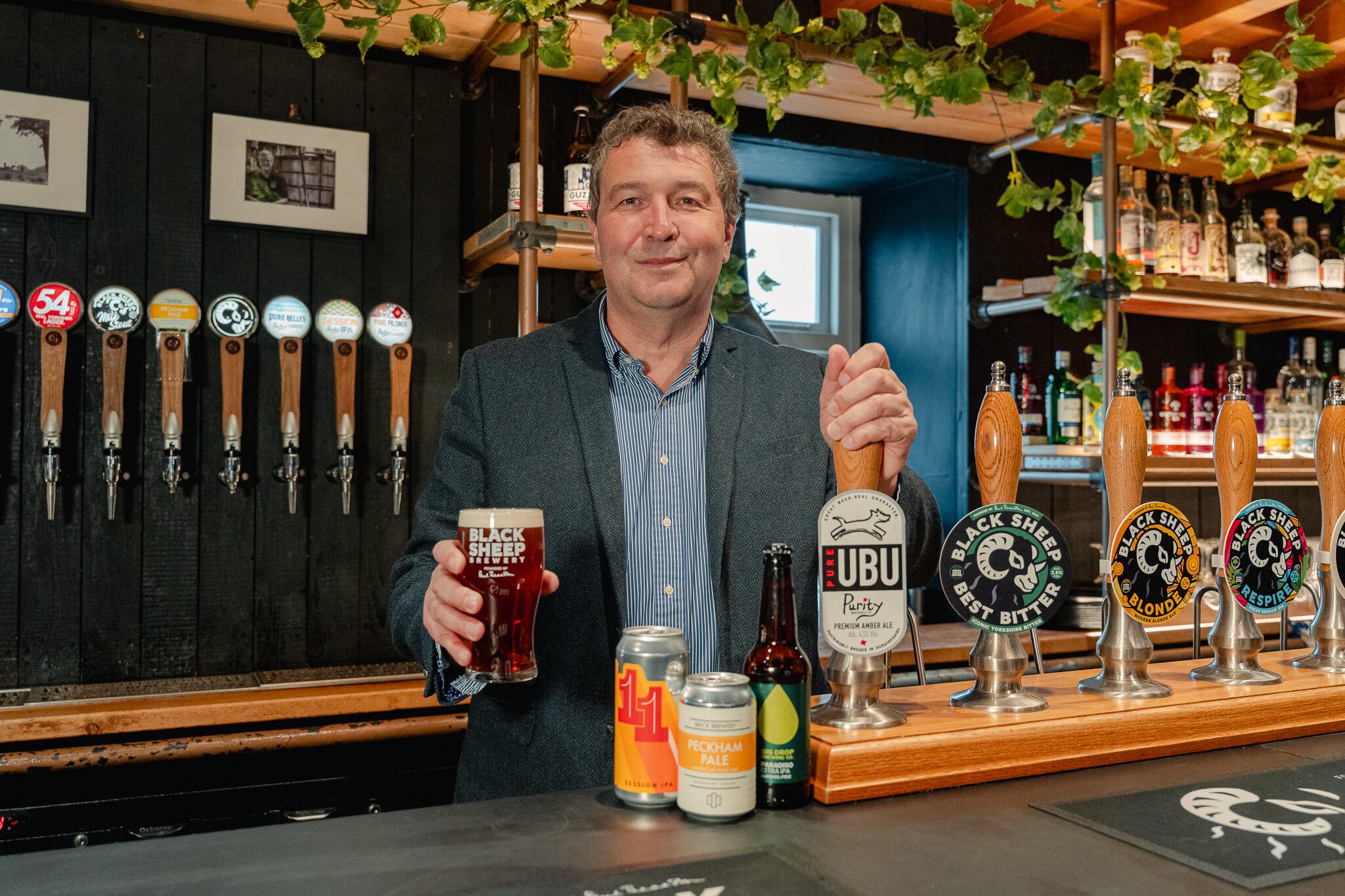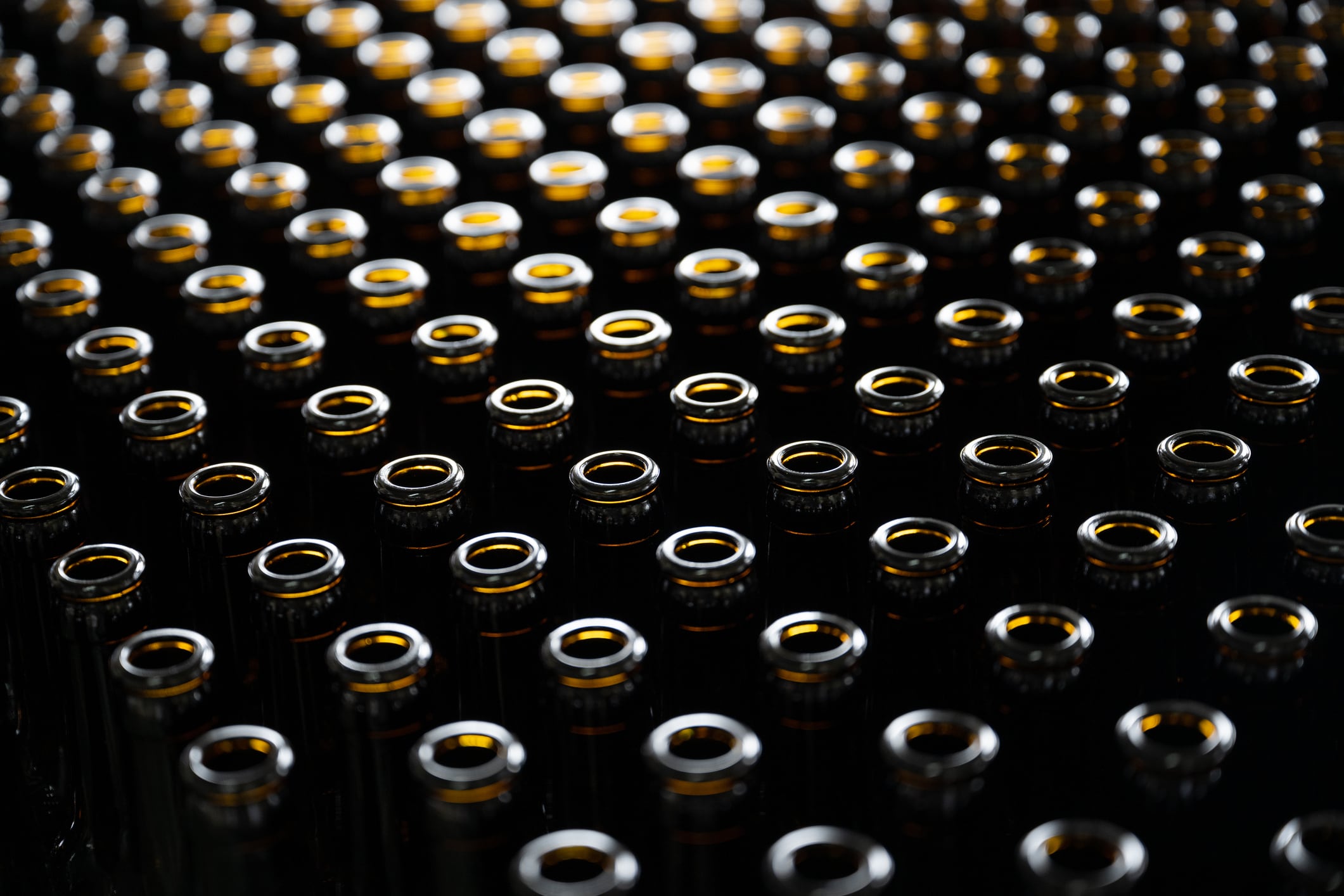EPR came into force on 1 April 2025 shifting the full cost of managing packaging waste from local authorities to producers. Fees are based on the type and weight of packaging materials.
Pubs are likely to feel the impact through increased supplier costs and will have to pay double to recycle glass bottles as they are classed as household waste. However, pubs already pay private contractors to take away their waste.
The Government has published its base fees for EPR which sparked concerns
Operator Gav Young, of the Plough and Barleycorn in the Isle of Wight said this cost was being passes to the retailer as “yet another stealth tax.”
Kick in the teeth
“But the real kick in the teeth from EPR is its purpose is moot for the on-trade. Designed and, allegedly, costed to reflect the cost of recycling various materials, it serves simply to duplicate charges we already pay,” he said.
“Glass in pubs works, we fund our waste streams and we recycle so just for once, leave us out of it.”
Emma Harrison, managing director of the Three Hills in Bartlow, Cambridgeshire said the sector is already being “crucified.”
“Our costs have increased exponentially since the Budget with increased business rates, increased minimum wages and increased employee national insurance contributions. Despite having the highest VAT rates of any country in Europe for hospitality the Government refuses to listen,” she said.
“We are a high-cost low margin business and most people working in the industry are on their knees. Anything that the government does to further increase our costs will only contribute to the continued erosion of this much loved and highly important part of great British culture.”
Pockets picked
Pete Marshall, who run the Kings Arms in Bexleyheath and the Star at Sidcup Place, both in south-east London, said it feels like the industry is having its “pockets picked from every angle”.
“I am aware this will only add more costs onto an already tough climate, but with the erratic cost increases we’ve seen over the past few years with the energy crisis impacting the supply chain, the recent NI changes, I guess I’ve numbed to things as there doesn’t seem to be much ability to negotiate increases as it’s going all the way through the chain,” he said.
His wine supplier East Street Wines Co has taken a stand against the move claiming that that EPR implementation has been handled “appallingly badly.”
Danny Spencer, co-founder, has written to the Department for Environment Food and Rural Affairs and said that having read all the evidence available he believes his company is exempt from the fees.
He said in the letter: “100% of all wine that I import goes directly to the restaurant and on-trade sector and where every customer already have a commercial waste licence where they are already paying for recycling.
“I am in the process of confirming this with every customer and will be requiring a signed statement from all that this is the case and that they can prove they have such a licence. My understanding is that they have to have a recycling licence to have an on-premise drinks licence and cannot trade without one. Please confirm that you agree with me.”




